Slot Machine Addiction: How to Recognize It and What to Do About It
In today’s fast-paced world, where entertainment is just a click away, slot machines have become one of the most popular forms of gambling. With their bright lights, captivating sounds, and promise of instant wealth, slots can be incredibly enticing. However, for some individuals, what starts as harmless fun can quickly spiral into a serious addiction. Slot machine addiction is a growing concern that affects millions of people worldwide. In this article, we will explore how to recognize the signs of slot addiction, its potential consequences, and actionable steps you can take to regain control of your life.
What Is Slot Machine Addiction?
Slot machine addiction, also known as problem gambling or gambling disorder, is a behavioral addiction characterized by an uncontrollable urge to gamble despite negative consequences. Unlike other forms of gambling, such as poker or sports betting, slot machines are designed to be highly addictive due to their simplicity, speed, and near-constant reinforcement through small wins.
The brain reacts to slot machines in much the same way it does to drugs or alcohol. Each spin triggers a rush of dopamine—the “feel-good” chemical—creating a cycle of anticipation and reward. Over time, this can lead to compulsive behavior, financial problems, strained relationships, and even mental health issues.
How to Recognize Slot Machine Addiction
Identifying a slot machine addiction early is crucial for preventing long-term damage. Here are some common warning signs:
- Preoccupation with Gambling: Constantly thinking about playing slots, planning your next session, or reliving past wins.
- Chasing Losses: Increasing bets or spending more money to recover losses, often leading to a dangerous cycle of debt.
- Lying About Gambling Habits: Hiding the extent of your gambling from friends, family, or coworkers.
- Neglecting Responsibilities: Missing work, skipping important events, or neglecting personal obligations because of gambling.
- Emotional Distress: Feeling anxious, irritable, or depressed when not gambling, or using slots as a way to cope with stress.
- Financial Problems: Borrowing money, maxing out credit cards, or selling possessions to fund your habit.
If you or someone you know exhibits these behaviors, it may be time to seek help.
The Consequences of Slot Machine Addiction
The impact of slot machine addiction extends far beyond financial loss. It can affect every aspect of a person’s life, including:
- Mental Health: Anxiety, depression, and feelings of shame are common among those struggling with gambling addiction.
- Relationships: Trust issues, arguments, and isolation can strain relationships with loved ones.
- Physical Health: Chronic stress from gambling can lead to sleep disturbances, headaches, and other physical symptoms.
- Legal Issues: Some individuals resort to illegal activities, such as theft or fraud, to finance their addiction.
Ignoring the problem only makes it worse. The sooner you address the issue, the better chance you have of overcoming it.
What You Can Do to Overcome Slot Machine Addiction
Recovering from slot machine addiction is challenging but entirely possible with the right support and strategies. Here are some steps you can take:
1. Acknowledge the Problem
The first step toward recovery is admitting that you have a problem. Denial is a major barrier to getting help, so be honest with yourself and others about your situation.
2. Set Limits
If you’re still able to gamble responsibly, set strict limits on how much time and money you spend on slots. Use tools like self-exclusion programs offered by casinos or online platforms to block access to gambling sites.
3. Seek Professional Help
Therapy can be incredibly effective in treating gambling addiction. Cognitive-behavioral therapy (CBT), for example, helps individuals identify triggers and develop healthier coping mechanisms. Support groups like Gamblers Anonymous provide a safe space to share experiences and connect with others who understand what you’re going through.
4. Build a Support Network
Surround yourself with supportive friends and family members who encourage your recovery journey. Avoid environments or people that might tempt you to gamble.
5. Find Healthy Alternatives
Replace gambling with positive activities that bring joy and fulfillment, such as exercise, hobbies, volunteering, or learning new skills. This helps redirect your focus and reduces cravings.
6. Educate Yourself
Understanding the psychology behind slot machines can make you less susceptible to their allure. Learn how they are designed to keep you hooked and remind yourself that the odds are always stacked against you.
7. Consider Financial Counseling
If gambling has left you in debt, working with a financial counselor can help you create a plan to manage your finances and rebuild your credit.
Preventing Relapse
Recovery is not a linear process, and setbacks can happen. To minimize the risk of relapse:
- Stay vigilant about your triggers, whether they’re emotional, environmental, or social.
- Keep track of your progress and celebrate small victories along the way.
- Remind yourself of the reasons why you decided to quit gambling in the first place.
Remember, seeking help is a sign of strength, not weakness. You don’t have to face this challenge alone.
Slot machine addiction is a serious issue that requires attention and action. By recognizing the signs, understanding the risks, and taking proactive steps to address the problem, you can break free from the grip of gambling and reclaim your life. Whether you’re struggling personally or supporting someone else, remember that recovery is possible with determination and the right resources.
If you found this article helpful, please share it with others who might benefit. Together, we can raise awareness about slot machine addiction and inspire hope for those seeking a brighter future.
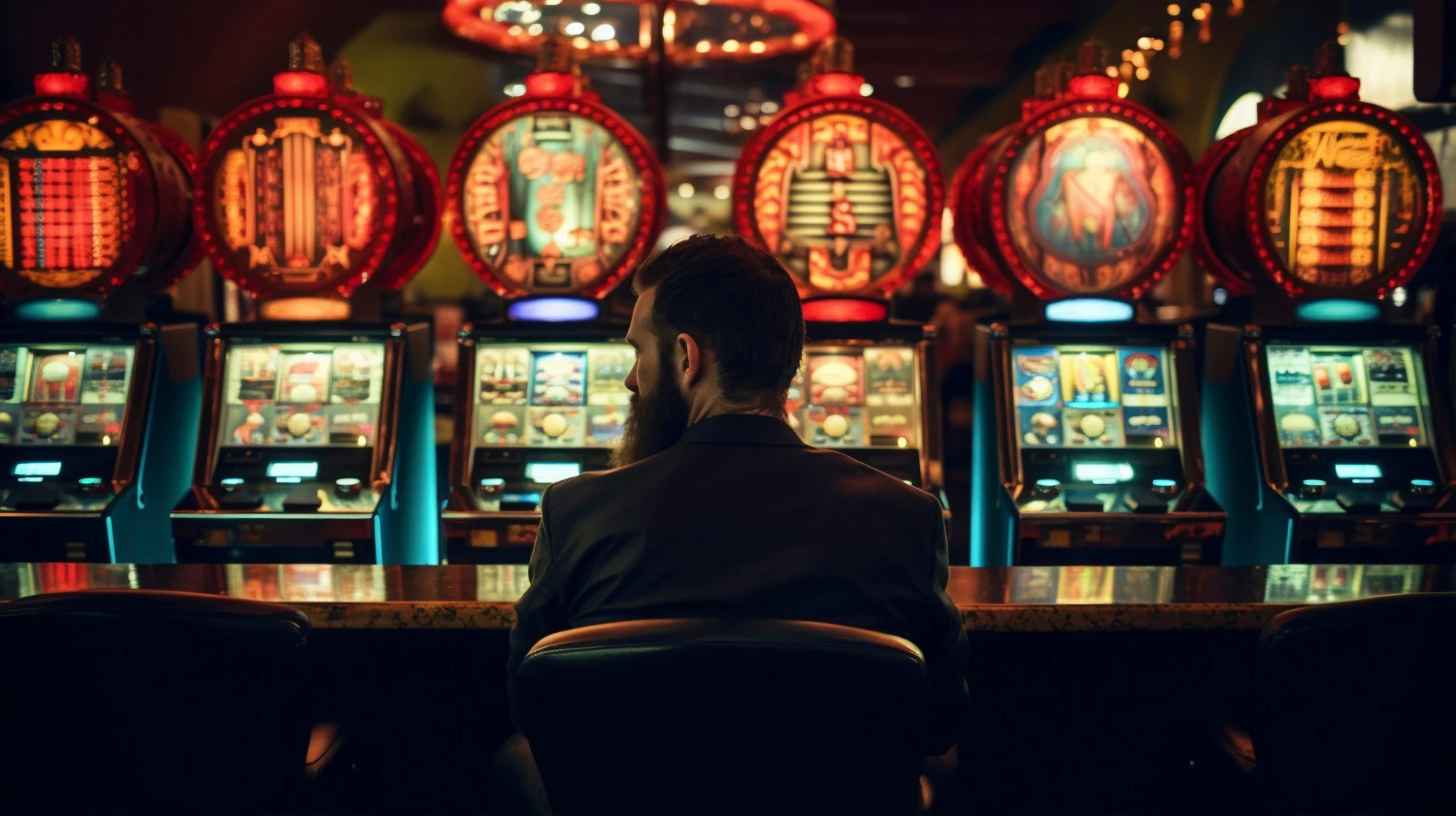


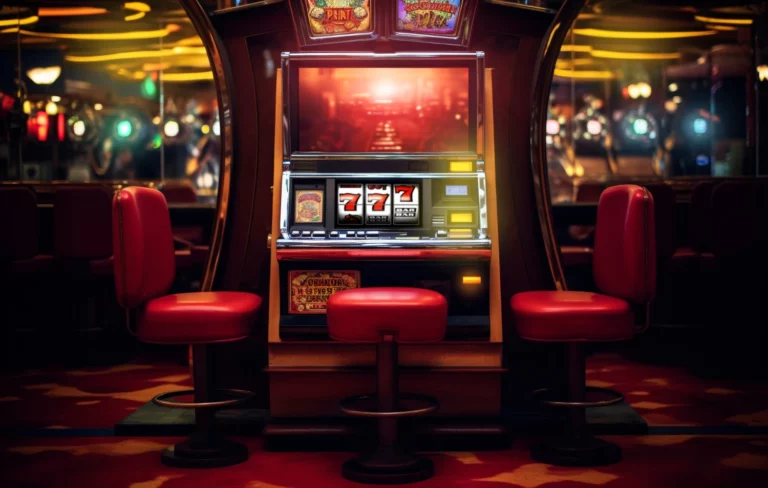
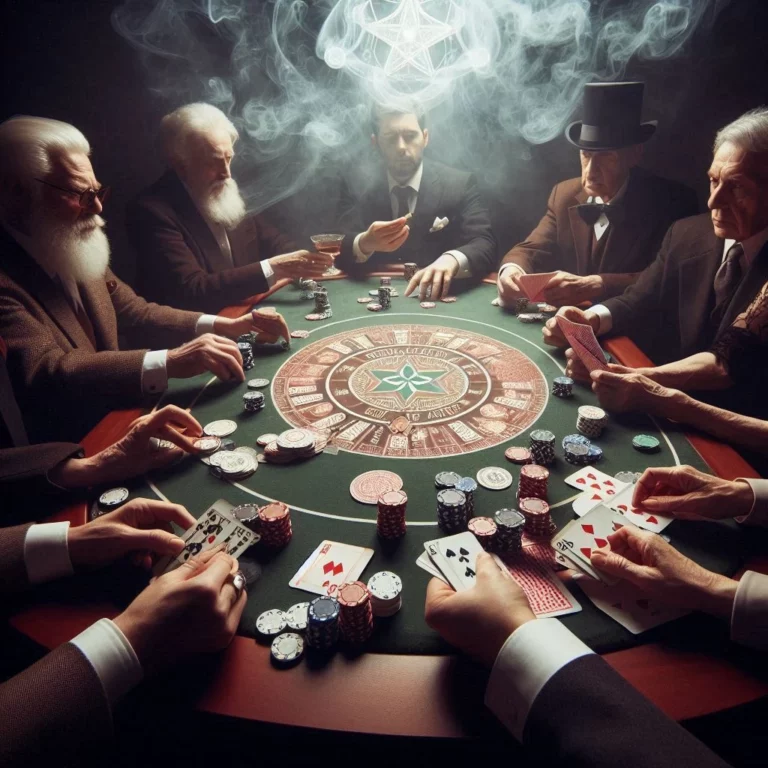
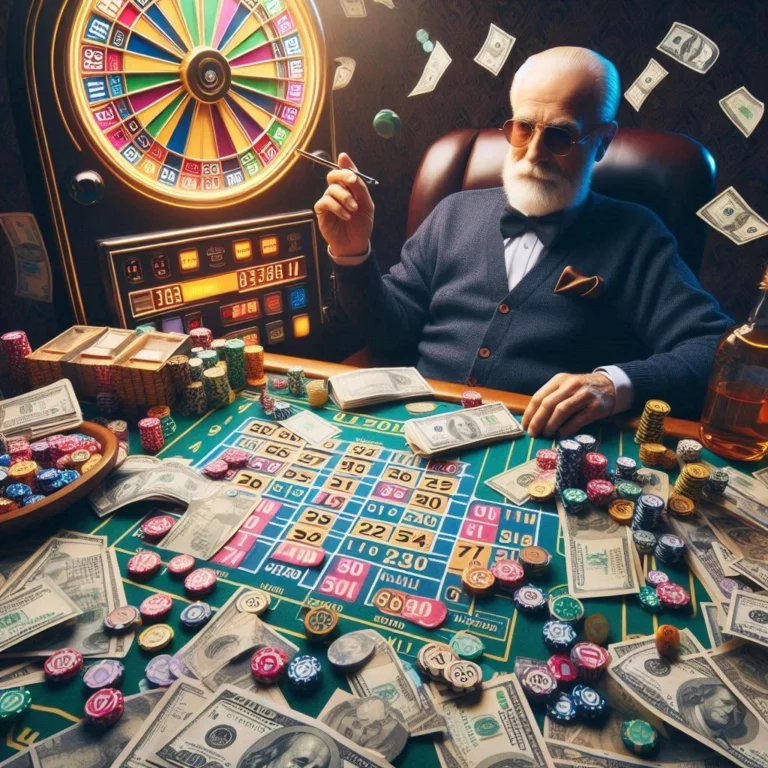
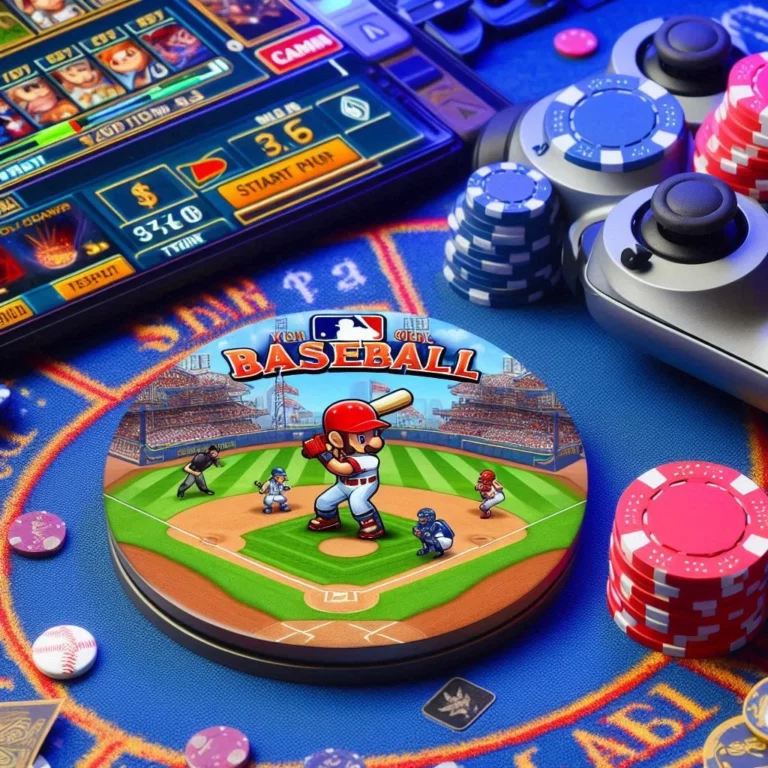

Leave a Reply